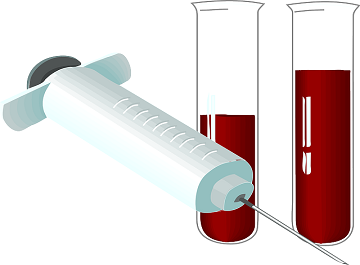Now, a blood test to detect suicide risk
August 03, 2014 | Sunday | News | By BioSpectrum Bureau
Now, a blood test to detect suicide risk
Suicidal individuals had significantly higher levels of methyl in their blood
Researchers at John Hopkins University have discovered a chemical alteration in a single human gene linked to stress reactions which if confirmed in larger studies, could give doctors a simple blood test to reliably predict a person's aptitude for committing suicide.
According to an article in the Washington Post, researchers studied a group of chemicals that modify the brain when an individual is confronted by situations that cause stress or anxiety. A hormone, Cortisol, helps an individual cope with the stress of daily tasks as well as extreme situations. "It helps you get up in the morning, it helps you cross the road, and it helps you run away from a lion," said Mr Zachary Kaminsky, assistant professor of psychiatry and behavioral sciences at Johns Hopkins University and lead researcher of the study.
A group of chemicals known as methyls can affect the gene known as SKA2, which governs the brain's response to the stress hormone. High levels of these chemicals impair the brain's ability to regulate its response to a stressful situation. As a result, anxiety and stress can build up to a point where a person becomes vulnerable to suicidal thoughts, or, bring them to the point of attempting suicide.
150 brain samples of both healthy people and those who suffered from mental illness, some of whom had been suicidal were studied initially. They found that the suicidal individuals had significantly higher levels of Methyls. Using blood tests, researchers then tested 325 living individuals for methyl levels, and used that information to see if they could predict whether certain individuals had experienced suicidal thoughts or attempted to kill themselves.
Their predictions were 80 to 90 percent accurate and were based solely on the chemical effects of that single gene.










